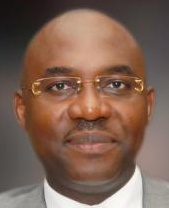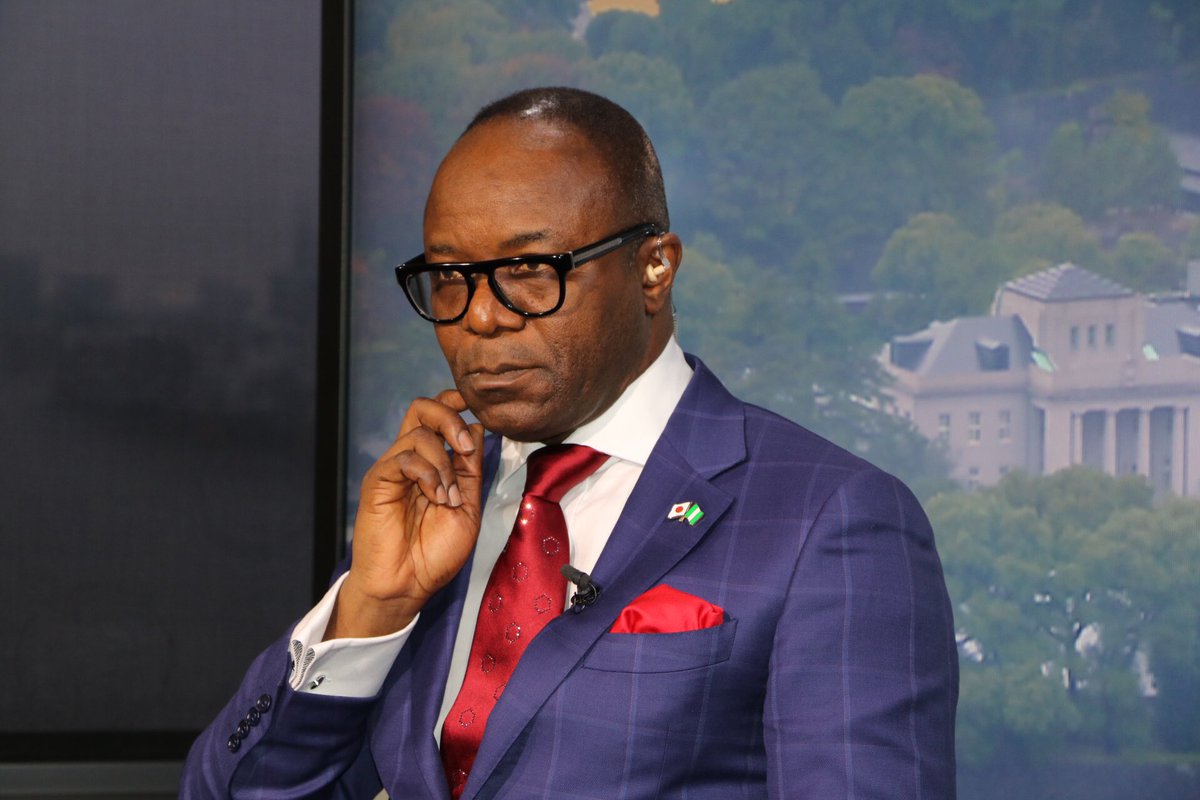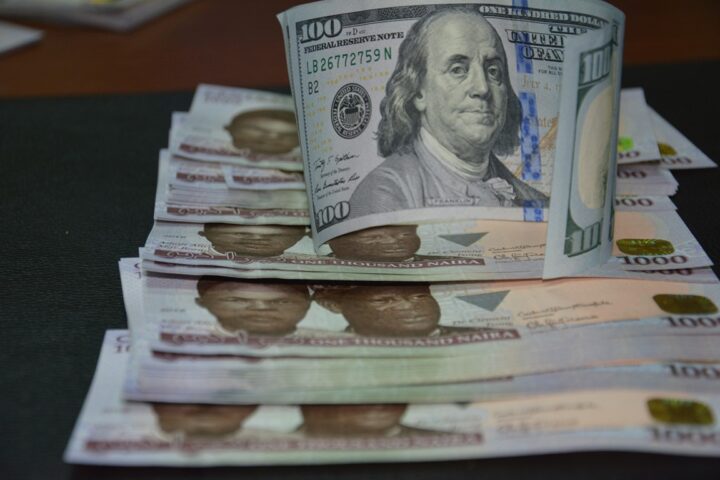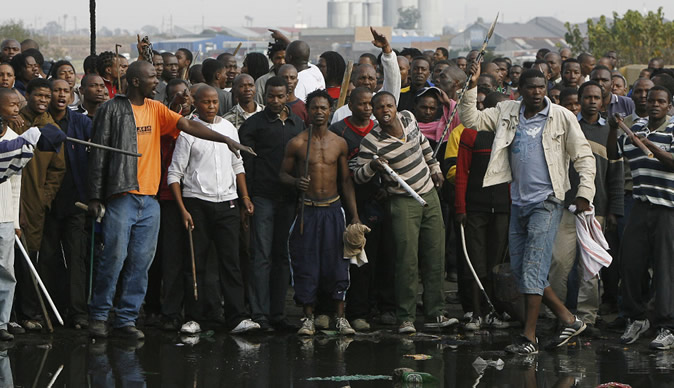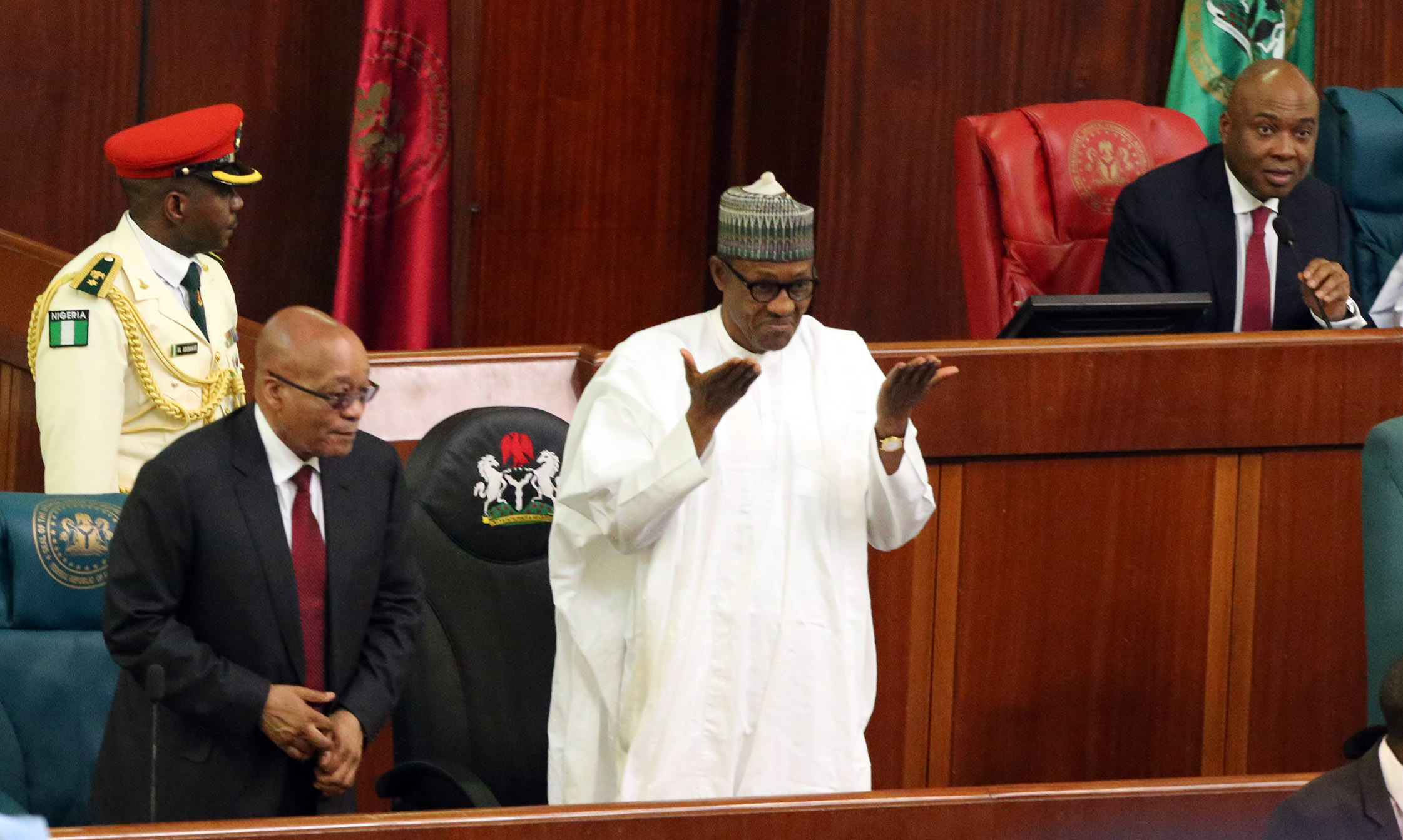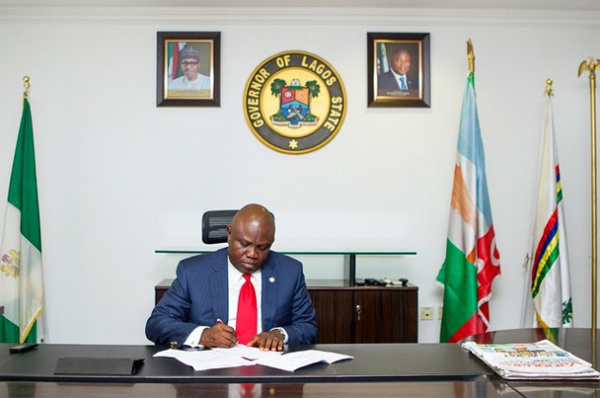Half a century ago, Major Kaduna Nzeogwu of the January 15 coup fame sneaked into the national lexicon the term “ten percenter” to describe the size of kickback demanded by politicians and other public officers then polluting the society.
Over the years, descendants of “10 percent” would improve on their forbear’s technology by graduating greed to stratospheric heights, so much that increasingly, corruption in Nigeria was no longer content with swallowing the entire barn of seedlings, but “disappearing” the cache of cultivating tools like hoe and cutlass as well.
Today, in a bizarre twist, there is a reversal of roles. Beginning from January, it is the supposed victim, the Federal Government, that now awards five percent cut as incentive to whistle-blowers on any loot located and unearthed.
And a bounteous harvest it has been.
Advertisement
Only last Tuesday came a salacious report that N8.4b had been found nestling in an ECOBANK account, courtesy a tip-off by a whistle-blower. Barely 24 hours later, 17 exotic cars were uncovered at a secret warehouse allegedly owned by former Customs boss (Abdullahi Dikko), courtesy another whistleblower.
Weeks earlier, a staggering $151m and N8b were similarly reaped within weeks the whistle-blower policy took off, according to the Information minister, Lai Mohammed. Apart from another haul of mould-smelling $9.2m dug out from Andrew Yakubu’s vault in a Kaduna slum.
The whistle-blowing process is activated by furnishing the office of the Attorney General of the Federation or any of the designated channels with the lead. This, in turn, is forwarded to the Nigerian Financial Intelligence Unit and the Economic and Financial Crimes Commission for action.
Advertisement
Typically, Abuja has since been making a song and dance of the scheme as yet another expression of a firm commitment to not only rid the land of sleaze but also to raise its profile in the context of transparency and ease of doing business.
Coming at a time of great financial stress in the land, the initiative would appear like the proverbial manna from heaven. So, what perhaps remains is for Abuja to let its town-criers add that the policy has, by default, availed citizens – particularly the unemployed – a means to earn a legitimate living.
Only the unpatriotic would not see anything good in the latest gambit by the Buhari administration to curtail graft in the land. But one’s only observation is whether the time and energies presently dissipated celebrating the harvest were not better utilized towards institutionalizing the policy. We are told a bill had been sent to the National Assembly. So, who are those obstructing it?
What happens where an informer has been paid but the ‘loot’ owner gets a court judgment invalidating the seizure? Any indemnity for such an outcome?
Advertisement
For, in the absence of a durable legal framework, the present arrangement is perhaps only a shade better than a dignified racket.
This is certainly not how it is done where the idea was copied from. In the United States, for instance, a bounty is not only assured the whistle-blower; there are adequate provisions in the law to save their necks against possible vendetta by those exposed. There is the Merit Systems Protection Board, a quasi-judicial agency, that adjudicates whistleblower complaints.
It draws oxygen from the Whistleblower Protection Act signed into law in 1989 by the administration of George Bush Snr.
Under the European Union, officials are obliged to report fraud, corruption and other illegal activities under Articles 22a and 22b of the statute regulating staff conduct. In Britain specifically, there is the Public Interest Disclosure Act (PIDA) of 1998 to protect whistle-blowers.
Advertisement
Only in Germany do we still encounter a reluctance on account of deep “cultural issues” despite repeatedly attempt by Angela Merkel administration to pull that through. There is a natural inclination to cloak things up. A mentality vividly captured by the very author of the German national anthem, the late Hoffmann von Fallersleben, who famously declared that: “The greatest rogue in the whole land is, and will remain, the informer.”
So, what the Information minister should be telling us at this hour – almost half time of the Buhari administration – is what concrete steps are being taken to push the bill to become law to back and institutionalise the policy.
Advertisement
Not until that is accomplished could we possibly have the comfort that Buhari had created a durable structure to sustain the anti-graft war and, more importantly, a guarantee that succeeding administrations would not turn back the clock’s hand.
A corollary to the desired legal infrastructure will be a resolve to revisit the issue of fiscal federalism. When the huge sums so far harvested from whistle-blowing are added to the colossal figures cited in Dasukigate, it is obvious that there is so much to steal in Abuja. By the current revenue-sharing formula, the Federal Government gorges on 52 percent of the nation’s earnings. While the 36 states and 774 councils with far greater responsibilities scrounge on less than 46 percent.
Advertisement
Let it be recognized that it is partly this climate of glut that, in turn, feeds humongous larceny against which FG now ironically offers 5 percent “commission” to salvage. A more sustainable approach to cure the affliction is simply dismantle the structure that turns Abuja to a bazaar.
In a way, Abuja’s culture of flatulence would also seem illustrated by the ongoing zig-zag from PMB’s medical camp in London where the notion of “awaiting result” now appears redefined as a euphemism for indeterminate presidential holiday.
Advertisement
Before now, the mention of “awaiting result” would probably remind you of no more than the impressionable young adults in the neighborhood – the soon-to-be-undergrad – anxiously awaiting the results of the qualifying JAMB or WAEC exams. The phrase however acquired a new meaning three weeks ago when, on the eve of the expiration of PMB’s initial 10-day holiday, his handlers casually announced an extension to enable him “await the results” of the battery of definitive tests.
Thereafter, mischief-makers took over. There was the pernicious rumor of death. Then last week, someone concocted the fable of “penis surgery”. The social media virtually went haywire following the report that “Muhammad Buhari” had undergone a medical procedure in the “private sector”.
Coming when the only one widely known by that illustrious name was supposed to be on “medical vacation” in London, many did not wait to read the body of the story before concluding that, ha!, the jigsaw puzzle had finally fallen in place.
It took hours before the purveyors of the “fake news” (apology US President Donald Trump), apparently now ashamed that it was a case of mistaken identity, began to roll back. It was eventually established that the Muhammadu Buhari that underwent penis surgery is actually a four-year boy who earlier suffered the misfortune of having his manhood cut by a wicked relation.
But, truth be told, the flourish of “fake news” against PMB thus far would seem a bye-product of his own errors of commission and omission. Again, his publicists looked and sounded reactionary last Tuesday in another bulletin announcing yet another holiday extension. From the initial “awaiting result”, we are told the president had heeded advice by his physicians to “rest well”, till God knows when.
This shifting narrative will only feed the rumour mill the more. It is actually a self-inflicted ridicule. To be sure, I do not think any reasonable Nigerian would begrudge PMB for taking ill. What irritates is seeking to hush things up or make a subterfuge to a question otherwise requiring a simple answer. A more honest correspondence making it clear at the outset that the president needed medical attention, the duration of which would be determined by his doctors would have saved all this embarrassment.
Then, the mishandling of the softer issue. It is easy to see why things appear to be falling out of hinge. PMB’s two chief media handlers, Femi Adesina and Garba Shehu, are holed up in Abuja while their principal is cocooned in an undisclosed location in London and fiercely shielded from the public.
Assailed relentlessly by a pesky public at home, the duo, ordinarily seasoned media managers, have had to resort to all sort of improvisations to manage an obviously awkward situation. It is difficult to tell how much access the duo have to their boss. From experience, I can tell that they can’t perform magic if they too have to depend on third party to source facts to compose releases.
One can illustrate with the photographs of Aisha, the First Lady, and Sai Baba that made their way to the media a fortnight ago. In one, the wife, apparently perching on a side stool, was shown sidling to a rigid Sai Baba on the couch. The second picture was even more prudish: wife standing almost mechanically beside her husband, each bunching her/his hands and placing same gingerly on their lower tummy. Like starry-eyed pupils awaiting the teacher’s inspection at a Sunday school.
But imagine if, for a change, Sai Baba had instead been shown placing an arm lovingly on the shoulders of his devoted wife. That is enough to cause a national sensation at home and maybe afford PMB a diversion he badly needs at the moment. By now, public attention would probably have shifted to the “loving Buhari”. The same way a make-over of bespoke Tuxedo and posh bow-tie had helped tweak public perception of him ahead of the 2015 polls.
Surely, this is not the hour to envy Femi and Garba. The “Abiku” (spirit child) has turned the once revered native doctor to a laughing stock in the community.
Views expressed by contributors are strictly personal and not of TheCable.
Add a comment
